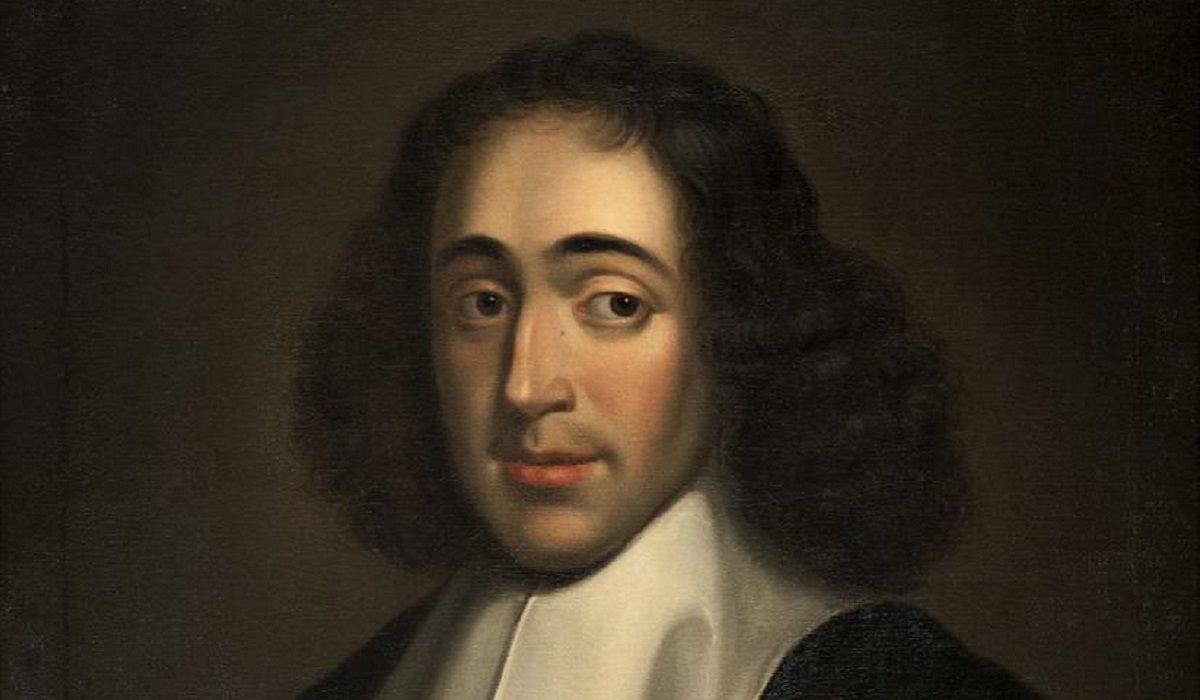In 1672, Holland was divided among “republicans” who advocated for a new, more democratic government and the “Orangists” who sought to preserve the country’s long-held monarchy.
Johan De Witt was among the most prominent and ardent republicans, a formidable political figure who wielded great influence on the Dutch political system for decades. But 1672 brought what many called a disaster year for the country and De Witt in particular. De Witt’s leadership, while successful and progressive in many respects, had left the Dutch military undermanaged and vulnerable. Soon, France and England attacked Holland resulting in heavy losses and enraging the Orangists.
After an unsuccessful assassination attempt on his life, De Witt resigned from office. But his resignation was not enough for De Witt’s detractors. Two weeks after his resignation, a mob sought out De Witt and his brother Cornelius to enact vengeance. What happened next has been immortalized through Alexander Dumas’ recount in The Black Tulip:









